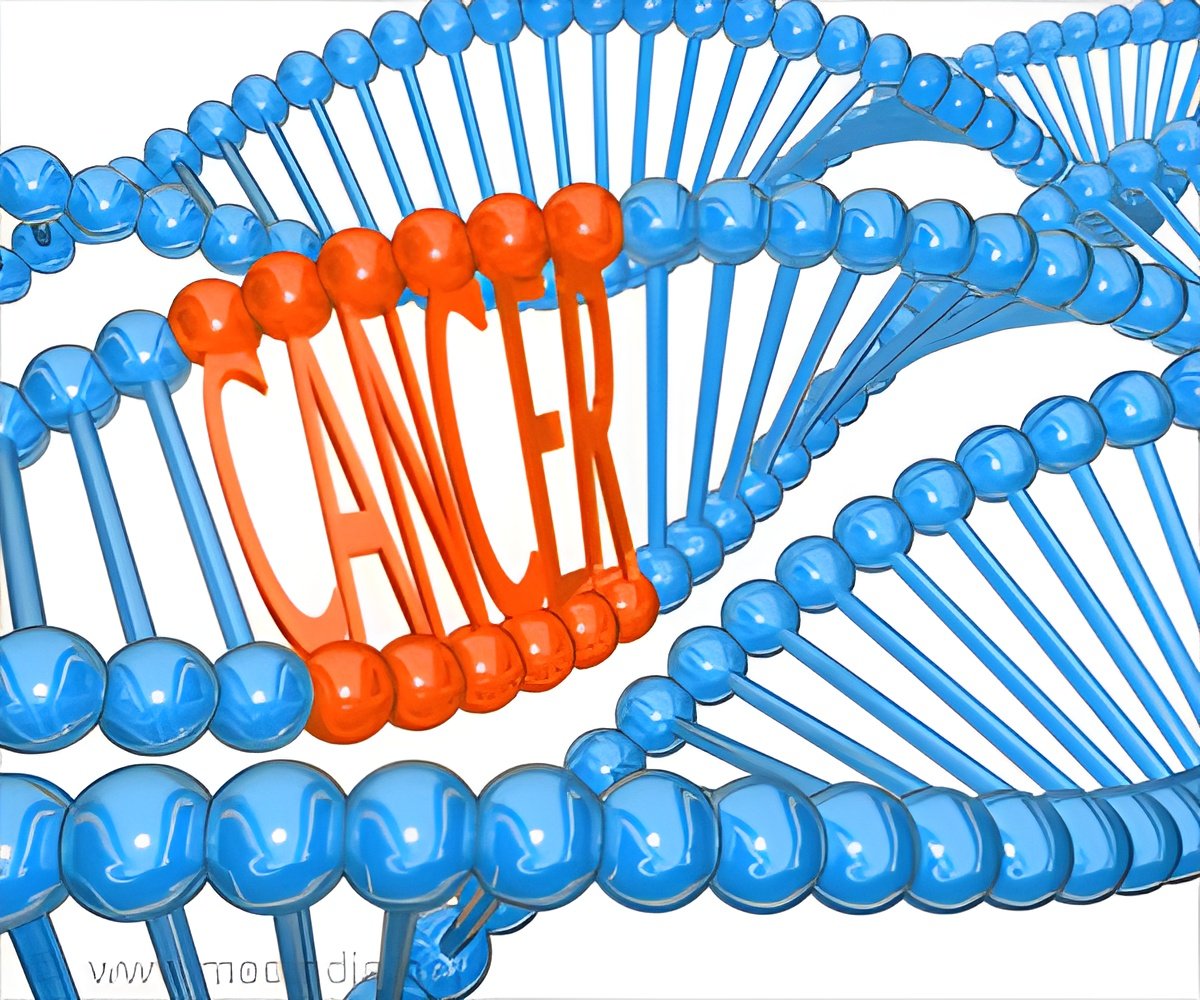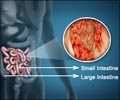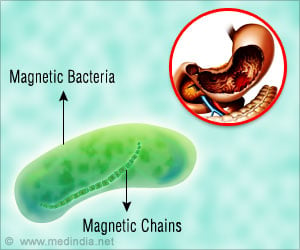Mutations in familial genes accounted for 15-31 percent of the 1,000 familial cases and the remaining risk from common variations in DNA.

‘Mutation of the familial genes, environmental factors such as exposure to pollution, chemicals and lifestyle changes which induce alteration in the DNA are the main risk factors for bowel cancer.’





All the discovered variants in the known bowel cancer genes accounted for less than a third of familial cases of bowel cancer - those occurring in people whose close relatives had already developed it. Around 12 percent of cases occur in people with a family history of bowel cancer, with inherited mutations in known cancer-causing genes such as APC and MLH1 often playing a major role.
The researchers explored the genetics of bowel cancer further by sequencing all the DNA used to produce protein - the exome - from 1,000 patients who developed the disease at a relatively young age and had a strong family history.
Study leader Professor Richard Houlston, Professor of Molecular and Population Genetics at The Institute of Cancer Research, London, said: "Our study is the largest ever conducted of the genetics of bowel cancer, and sets out a detailed map of the disease that could lead us to new ways of treating or preventing it."
The research closes one chapter in the study of bowel cancer, by concluding that all the major risk genes have now been found. But it opens another by underlining the importance of tracking down the many missing genetic variations which each have a very small effect alone, but together make the biggest impact on inherited risk.
Advertisement
Professor Paul Workman, Chief Executive of The Institute of Cancer Research, London, said, "This study represents an important contribution to our understanding of the genetics of bowel cancer. It provides a marker of the dramatic progress we have made so far in decoding the inherited risk of the disease, and gives us confidence that the most important risk genes have now been found."
Advertisement
Source-Medindia














